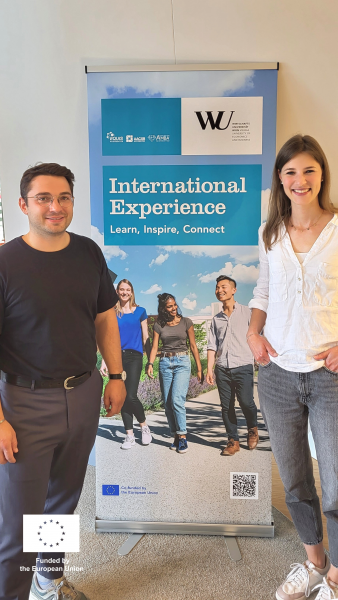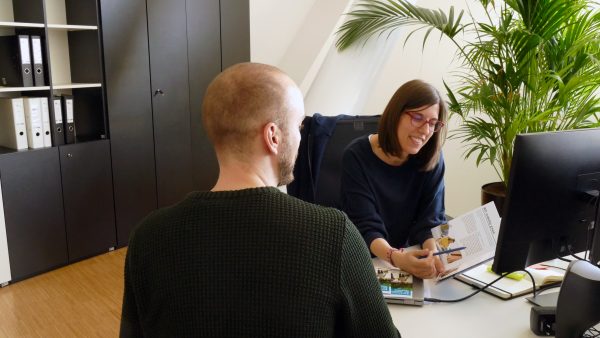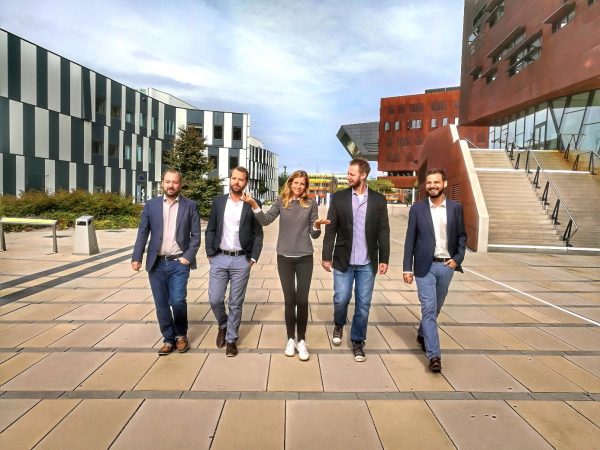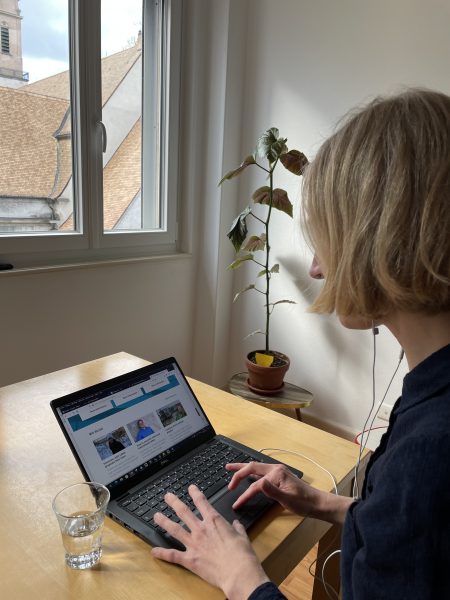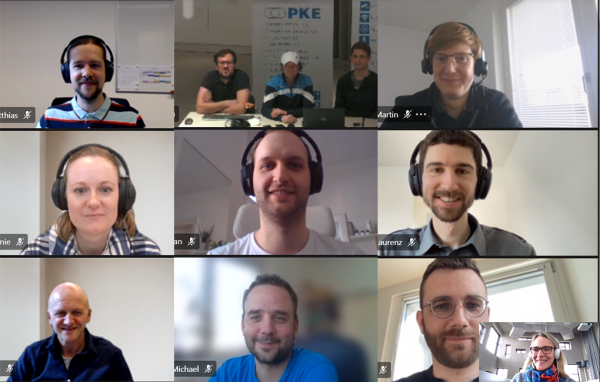Some unconventional ideas to improve teamwork
Does the following situation sound familiar? You have to complete a project or case challenge with a team of fellow students. Everyone is enthusiastic at first; however, the initial energetic team spirit very quickly turns into a sluggish affair.
The collaboration starts out very dynamic, all group members are committed and (over-)fulfill their tasks. The second team meeting, unfortunately, already turns out to be quite unproductive and tiresome. It seems that all the excitement for developing creative ideas is in a downward spiral. We thought that there must be some tricks to overcome this loss of energy and keep the dynamics on a stable or even growing level once the semester advances. We found a few articles and have collected some interesting ideas, which might not reflect what you thought might be efficient and helpful until now:
IT’S NOT ABOUT THE IQ
You might be unhappy with your team members because they seem to not have the highest level of interest in the topic or even possess a high IQ (at least in this discipline). Still, that does not matter for your final outcome. In any team, you can have a brilliant bunch of individuals, but, unless you manage to actually collaborate, ideas won’t write themselves on paper. Essential is the quality of the collaboration. Here’s how to achieve that: First, give everybody equal time to talk and accept each statement without judgement. Second, team members need to show empathy, which is the ability to understand and share others’ feelings. An interesting fact: Empirical research has shown that teams with female members show more empathy and thus develop more efficient and creative ideas. But don’t worry … empathy is not a matter of gender, it can be learned.
GET RID OF TO-DO LISTS AND BRAINSTORM FOR BAD IDEAS
Stop writing to-do lists or memos – nobody reads them anyway – and take time to just think, instead. Use the time to turn everything topsy-turvy and brainstorm for all kinds of ideas – including bad and wicked ideas. Not judging ideas and putting everything on the table helps to find all possible ways to rise up to the challenge. Moreover, the cherry on top is that it makes it much more fun. Even the most silent people might join the conversation. As Francesca Gino and Bradley Staats emphasized: “We focus too much on success, take action too quickly, try too hard to fit in.” Still, at some point you have to select a few ideas to develop further. Keep a “running list” of the ideas you discarded, as these might help you towards the end when you may be in need of new ideas again.
LEAVE THE PROJECT ROOM AND ENJOY THE PRATER
Use breaks to get to know each other (which will also help implement all the other tricks mentioned here). The Swedes could serve as a role model – they make a habit of spending time together at work and they even have a name for it: “FIKA.” Get coffee and a snack, dispense with any hierarchies, and chat about university-related issues and personal topics. The term “FIKA” goes beyond drinking coffee together, it means celebrating togetherness and showing empathy. We suggest including it WU style: Leave the campus, take a walk in the Prater Park, or – if you’re up to it – make an outing to the nearby amusement park.
SWITCH OFF DISTRACTIONS, STAY FOCUSED – BUT STAY TOGETHER
Take a day or two, rent a project room or meet in a coffee house, stay together, and work on your tasks individually. Working silently next to each other is motivating and at the same time applies a certain pressure. If you want to go even further and get super productive: don’t do anything else other than your tasks, and switch off the internet, your music, and your smartphone (at least emails, Facebook, and WhatsApp). And during FIKA you can talk about your progress, drawbacks, and further ideas.
PROVOKE MISTAKES
Don’t be afraid to mistakes. Try out new ways of strengthening teamwork and presenting ideas. Encourage reflection within your team both during and after your project. Take any mistakes as opportunities to learn and further improve (within this or your next team). Where else – outside of university – will you have the chance again to just try things out?
NEVER CHANGE A WINNING TEAM:
If you are in the same courses or programs with your fellow team members, continue to work together, analyze what made your collaboration difficult, and enjoy the strengths you have built up as a team so far. We have already tried out these recommendations. Instead of splitting tasks and writing a to-do list, we discussed our ideas over lunch, took a few days to think about them, met for coffee a few days later, and worked on the article together (using Google Docs). It turned out to be a much more fun, dynamic, and efficient experience than working on this blog post all alone.
#Teamwork #Team #study
Sources:
- Becdach C, Hennessy S, and Ratner L. 2016. Rethinking the rules of reorganization. McKinsey & Company. Available at: http://www.mckinsey.com/industries/retail/our-insights/rethinking-the-rules-of-reorganization (accessed: 1 May 2016).
- Gino F, and Bradley S. 2016. Why organizations don’t learn response. Harvard Business Review. 94(1-2): 24-24.
- Heffernan M. 2015. The secret ingredient that makes some teams better than others. TED. Available at: http://ideas.ted.com/the-secret-ingredient-that-makes-some-teams-better-than-others/ (accessed: 1 May 2016).














